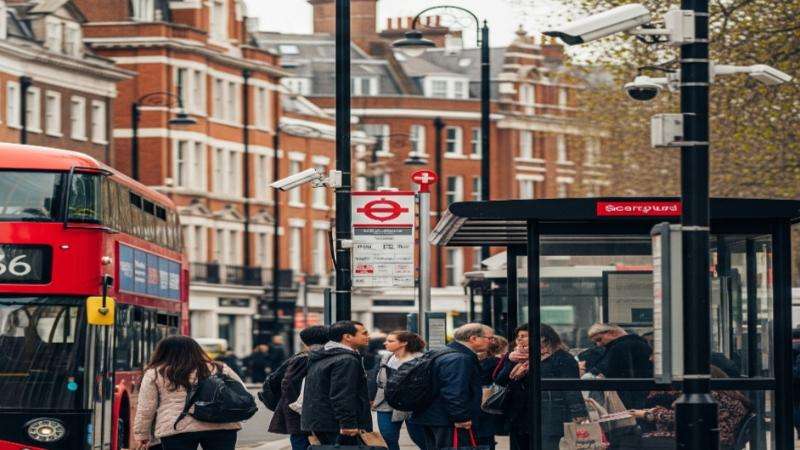1 in 20 Deaths in Tower Hamlets Linked to Pollution Crisis.
Tower Hamlets is facing a critical public health crisis, with alarming new data revealing that more than one in 20 deaths in the borough are attributable to air pollution. The stark figures highlight the devastating impact of poor air quality on the community, raising urgent calls for immediate action.
The findings, drawn from recent environmental health reports, paint a grim picture of the borough's atmosphere, where high concentrations of particulate matter (PM2.5) and nitrogen dioxide (NO2) are taking a deadly toll. These pollutants, largely stemming from vehicle emissions and construction activity, are linked to a range of severe health problems, including respiratory illnesses, cardiovascular disease, and even cancer.
The disproportionate impact on Tower Hamlets, a densely populated and heavily trafficked area of London, underscores the urgent need for targeted interventions. Vulnerable populations, including children, the elderly, and those with pre-existing health conditions, are particularly at risk.
"These figures are deeply concerning and demand immediate attention," said local health officials. "Air pollution is not an abstract concept; it's a real and present danger that is claiming lives and diminishing the quality of life for our residents."
Key point to consider:
The report emphasises the correlation between high traffic volumes and increased pollution levels.
The impact on children's lung development is a very serious concern. The effects of the pollution also effects older people and those with pre existing health conditions.Local authorities are facing increasing pressure to implement stricter emissions controls and promote sustainable transportation alternatives.
Community groups are calling for greater awareness and public engagement to address the crisis.
Over 100,000 Bangladeshi people live in Tower Hamlets.One in six Bangladeshi people in England and Wales reside in the borough.
The situation in Tower Hamlets serves as a stark reminder of the broader air pollution crisis facing London and many urban centers. As calls for cleaner air grow louder, the imperative for decisive action has never been more urgent.
In 2023, 5.2% of adult deaths in England were linked to particulate air pollution, marking a decrease from 5.8% the previous year and the lowest level recorded to date.
However, regional variations were evident, with pollution accounting for 7.4% of adult deaths in the City of London, compared to just 3.3% in the Isles of Scilly in the South West.
The Department of Health and Social Care highlights poor air quality as a major public health concern, as it can contribute to life-threatening conditions such as coronary heart disease, stroke, respiratory illnesses, lung cancer, and asthma.
According to separate data from DEFRA, the average concentration of fine particulate matter in England stood at seven micrograms per cubic meter of air in 2023—the lowest level since records began in 2018. In Tower Hamlets, this figure was notably higher at 9.2 micrograms per cubic meter.
Jenny Bates, an air pollution campaigner for Friends of the Earth, acknowledged the overall decline in pollution levels but stressed the ongoing risks to public health. She pointed out that the World Health Organization recently halved its recommended limit for fine particulate pollution, meaning areas previously considered safe may now be at risk.
Bates emphasized that raising public awareness is not enough and urged the government to enforce stricter measures on sectors that contribute significantly to pollution, such as transport, woodburning, and agriculture. She suggested aligning legal pollution limits with WHO guidelines as a key step forward.
Jane Burston, chief executive of the Clean Air Fund, welcomed the reduction in pollution-related deaths, attributing it to increased clean air initiatives in cities. However, she warned that air pollution remains the leading environmental health threat, disproportionately affecting children and vulnerable populations. She called for continued investment to ensure clean air for all.
A government spokesperson welcomed the decrease in particulate air pollution in England, adding "significant progress" has been made to mitigate dangerous emissions.
But they warned "there is a lot more to do", and said the Government "will continue to take the action needed to ensure everyone has cleaner air to breathe".


_4.jpg)





.svg)




